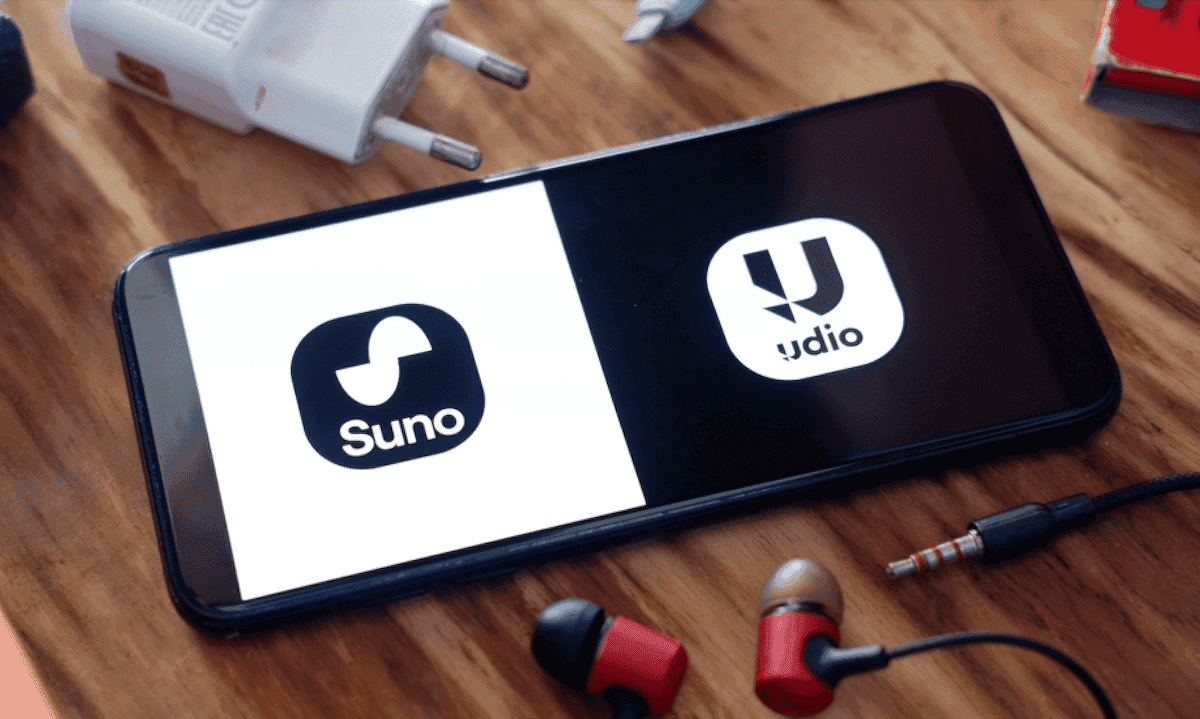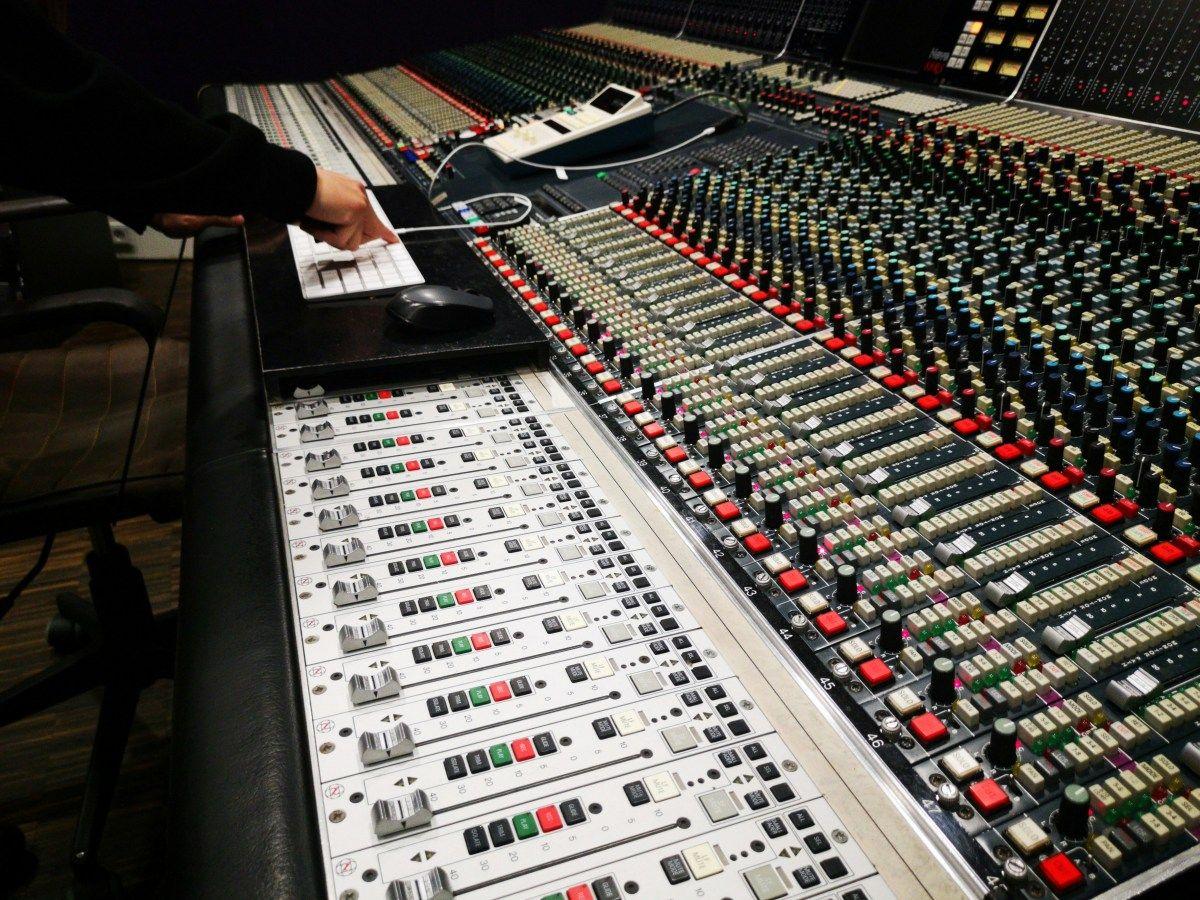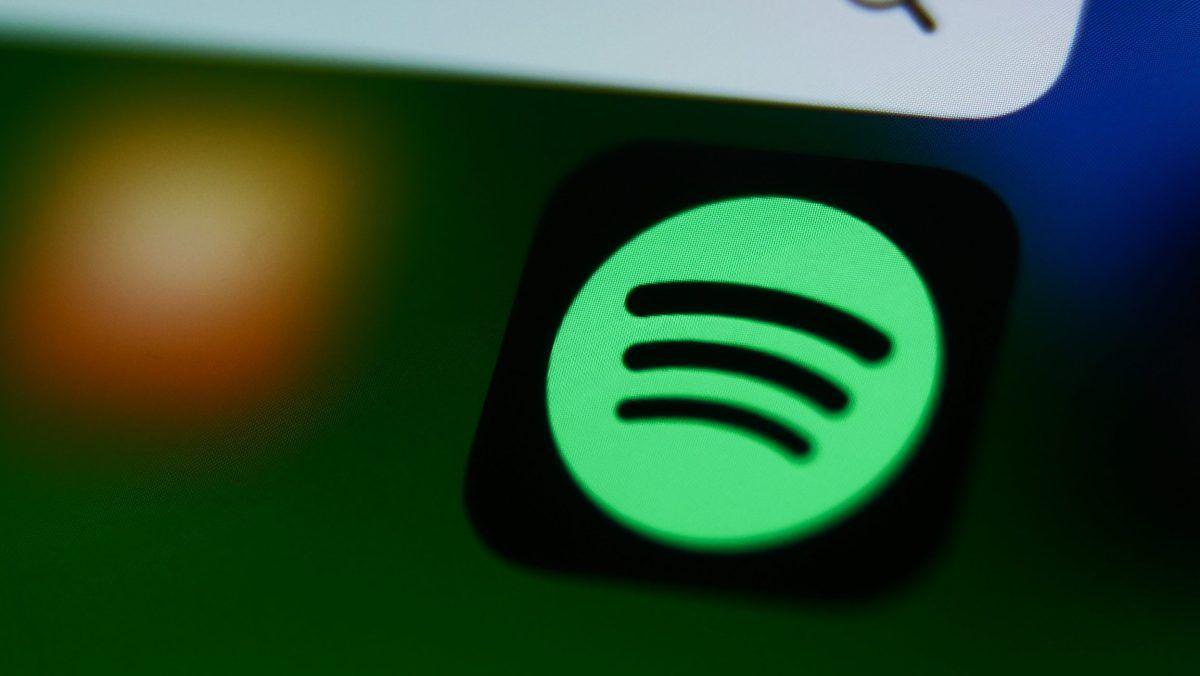Major Record Labels in Licensing Talks with AI Music Startups Suno and Udio
5 Sources
5 Sources
[1]
Major record labels are reportedly in licensing talks with AI firms Udio and Suno | TechCrunch
Universal Music Group, Warner Music Group, and Sony Music Entertainment are in talks to license their work to AI startups Udio and Suno, according to a new report from Bloomberg. The deals would set forth a framework for how AI companies compensate artists for their work. The record labels are pushing to receive a small amount of equity in Suno and Udio. Udio and Suno allow aspiring music artists to receive an audio recording via prompts that describe sounds or songs, such as "a modern country ballad about unrequited love." Any deal would help to settle lawsuits between the music companies and AI startups. The labels sued Udio and Suno last year for copyright infringement. Both sides are in talks to see if they can agree on terms, as opposed to continuing legal fights. The music companies are pushing to get more control of the use of their work, while the AI startups want flexibility to experiment, the report notes.
[2]
Your Favorite AI Music Generators Might Live On, If They Give Labels Enough Cash
Sony, Universal Music Group (UMG), and Warner Music Group are eyeing licensing and equity deals to settle a copyright infringement lawsuit against two AI music startups, Suno and Udio, Bloomberg reports. The lawsuit was filed last year by the Record Industry Association of America (RIAA) on behalf of the industry's "Big Three." It claims that Suno and Udio, platforms that allow users to generate music, lyrics, and vocals from text prompts, trained their AI models on unlicensed music and that their outputs resemble popular songs created by human artists. "Because of their sheer popularity and exposure, the Copyrighted Recordings had to be included within Suno's training data for Suno's model to be successful at creating the desired human-sounding outputs," the lawsuit said. RIAA initially wanted $150,000 per infringing song, but now, sources tell Bloomberg that the record labels will settle if the AI music startups agree to pay a licensing fee, share equity, and compensate artists. The report adds that both parties prefer a settlement over a court battle, but the final terms have yet to be finalized. Record labels are fighting for greater control over their songs, while AI startups want more flexibility in AI training and a reduced licensing fee. As things stand, the music industry isn't entirely against AI-generated songs. Conversely, it appears that they are seeking a fee every time an AI startup uses their songs to train AI models or generate music. "The music community has embraced AI, and we are already partnering and collaborating with responsible developers to build sustainable AI tools centered on human creativity that put artists and songwriters in charge," RIAA's CEO Mitch Glazier said last year. "But we can only succeed if developers are willing to work together with us." Notably, UMG extended its licensing deal with Meta last year. In addition to a licensing fee, the deal included fair compensation for artists in exchange for letting users on Facebook, Instagram, Messenger, Horizon, Threads, and WhatsApp use their songs on social media posts. Last year, YouTube was also reportedly in talks with Sony, Warner, and Universal for a deal that would allow the Google-owned company to use copyrighted music for AI training.
[3]
Music giants begin negotiating AI licensing rights for labels and artists
As artificial intelligence's influence continues to spread deeper into pop culture, major record labels are starting negotiations with AI companies to ensure they -- and their artists -- are properly compensated when their music is used to train large language models. Sony, Warner Music, and Universal Music Group reportedly have begun talks with Suno and Udio, a pair of generative AI startups that allow users to compose new tracks. That could set the bar for how much artists and labels will be paid for their influence on AI-created music -- and set up a tracking system that ensures they are accurately compensated for the frequency of use. The negotiations come as Suno and Udio are facing a lawsuit from the Recording Industry Association of America, which accuses the two companies of copyright infringement. The labels also filed suit against the AI companies last year, a case which is still pending. Suno, though, in its answer to the complaint, stopped just short of saying it had used copyrighted materials to train its models, saying its "training data includes essentially all music files of reasonable quality that are accessible on the open Internet, abiding by paywalls, password protections, and the like, combined with similarly available text descriptions."
[4]
Major Labels in Talks to License AI Use of Music, Report Says
The Journal explained that an agreement could set a precedent for how AI music is created. Warner Music Group (WMG) shares fell on word the big music distributor was one of three firms negotiating with artificial intelligence (AI) startups to monetize AI use of its music catalog. The Wall Street Journal and Bloomberg reported that Warner Music, along with Universal Music Group and Sony Group Corp. (SONY) unit Sony Music Group, are discussing licensing deals with Suno and Udio to receive compensation when music by artists they represent is used to train generative AI models and produces new music. The Journal said that the music companies want the AI firms to develop fingerprinting and attribution technology that will track when and how a song is used. Plus, they want to be able to actively participate in the products Suno and Udio release, which includes which songs are developed and how they work. The Journal noted both Suno and Udio, which are being sued for copyright infringement, have argued that they aren't infringing on the music companies' business. However, it added because of "a more uncertain regulatory environment and investor pressure to develop commercial frameworks for the use of music in generative AI products," both firms are eager to come to an agreement. The paper explained that a deal could set a precedent for how songs are used and artists paid for AI-generated remixes. Shares of Warner Music Group, which represents artists including Ed Sheeran, Bruno Mars, and Dua Lipa, dipped to their lowest level in two years.
[5]
AI Startups: Music Labels Push for Licensing Deals With Suno, Udio | PYMNTS.com
Major record labels are reportedly in talks with AI music startups Suno and Udio to set up licensing agreements for songs used to train their generative artificial intelligence (AI) models -- and how artists are compensated for subsequent remixes. According to The Wall Street Journal, Universal Music Group, Warner Music Group and Sony Music Group want the startups to pay when music by artists they represent -- such as Taylor Swift, Ed Sheeran and Drake -- is used in AI-generated compositions. The recording companies also want the startups to develop "fingerprinting and attribution" systems, similar to YouTube's Content ID, that could identify when copyrighted material is being incorporated into AI outputs. These technologies would enable compensation for the use of artists' songs and voices, creating a foundation for royalties or revenue sharing. The labels also want a say in how these AI tools are deployed commercially: They want to be involved in decisions about which AI music products are developed and how they work. Read more: Amazon and Universal Music Tackle 'Unlawful' AI-Generated Content The talks come amid growing industry-wide concern over the impact of generative AI on creative rights. Some publishers and studios have turned to lawsuits, while others, like music labels and news outlets, are exploring how to turn AI alliances into a revenue stream while safeguarding their intellectual property. Last year, the Recording Industry Association of America sued both Suno and Udio, alleging copyright infringement. The artificial intelligence firms argued that their models learn musical styles rather than memorize songs, and that they include safeguards to prevent copyright violations. See also: AI-Generated Music Sparks Copyright Battle in Music Industry The Journal said the recent firing of U.S. Copyright Office Director Shira Perlmutter raised anxiety in the industry about whether the government will side with tech companies on AI copyright issues. Each label is negotiating separately with the two startups but a hurdle is to reach terms that will get broad support from musicians. Music companies are also expected to take equity stakes in Suno and Udio - an approach they've used in the past with startups like Spotify.
Share
Share
Copy Link
Universal Music Group, Warner Music Group, and Sony Music Entertainment are negotiating licensing deals with AI music startups Suno and Udio, potentially setting a precedent for AI-generated music compensation and copyright issues.
Major Record Labels Enter Licensing Talks with AI Music Startups
In a significant development for the music industry, major record labels Universal Music Group, Warner Music Group, and Sony Music Entertainment are reportedly in licensing negotiations with AI music startups Suno and Udio. These talks aim to establish a framework for compensating artists when their work is used to train AI models or generate new music
1
2
.
Source: PYMNTS
Potential Deal Structure and Implications
The proposed deals could include several key components:
- Licensing fees: The AI startups would pay for using copyrighted music in their training data
3
. - Equity stakes: Record labels are pushing to receive small equity stakes in Suno and Udio
1
. - Artist compensation: A system to ensure fair payment to artists when their work is used or referenced
2
. - Tracking technology: Development of "fingerprinting and attribution" systems to identify when copyrighted material is incorporated into AI outputs
5
.
These negotiations could set a precedent for how AI-generated music is created, distributed, and monetized in the future
4
.Legal Context and Industry Concerns
The talks come amid ongoing legal disputes:
- The Recording Industry Association of America (RIAA) filed a lawsuit against Suno and Udio last year, alleging copyright infringement
2
. - The major labels separately sued the AI startups for similar reasons
3
.
Both sides appear to prefer reaching a settlement over prolonged court battles
2
. The music industry's stance is not entirely against AI-generated music, but rather seeks to ensure proper compensation and control over their intellectual property2
5
.AI Music Generation and Copyright Challenges

Source: PC Magazine
Suno and Udio offer services that allow users to generate music, lyrics, and vocals from text prompts
2
. This has raised concerns about:- Training data: Questions about the use of copyrighted recordings in AI model training
2
. - Output similarity: Concerns that AI-generated music may closely resemble existing songs by human artists
2
. - Artist control: Labels want involvement in decisions about AI music product development and deployment
5
.
Related Stories
Broader Industry Implications
These negotiations reflect a growing trend in the creative industries to adapt to and monetize AI technologies:
- YouTube is reportedly in talks with major labels for AI training rights
2
. - Universal Music Group extended a licensing deal with Meta, including provisions for AI-related uses
2
.
The outcome of these talks could influence how other creative sectors, such as publishing and visual arts, approach AI-generated content and copyright issues
5
.Market Response

Source: Fast Company
The news has had a noticeable impact on the stock market, with Warner Music Group shares falling to their lowest level in two years
4
. This suggests that investors are closely watching how traditional media companies navigate the challenges and opportunities presented by AI technologies.As negotiations continue, the music industry stands at a crossroads, balancing the potential of AI innovation with the need to protect artists' rights and ensure fair compensation in an evolving digital landscape.
References
Summarized by
Navi
[1]
[4]
Related Stories
AI Music Startup Suno Faces Copyright Infringement Lawsuit from Major Record Labels
02 Aug 2024

Major Music Labels Embrace AI with Klay Partnership, Marking Industry Shift
20 Nov 2025•Business and Economy

Warner Music Group Settles AI Music Lawsuits, Signs Licensing Deals with Suno and Udio
19 Nov 2025•Business and Economy

Recent Highlights
1
ByteDance's Seedance 2.0 AI video generator triggers copyright infringement battle with Hollywood
Policy and Regulation

2
Demis Hassabis predicts AGI in 5-8 years, sees new golden era transforming medicine and science
Technology

3
Nvidia and Meta forge massive chip deal as computing power demands reshape AI infrastructure
Technology





